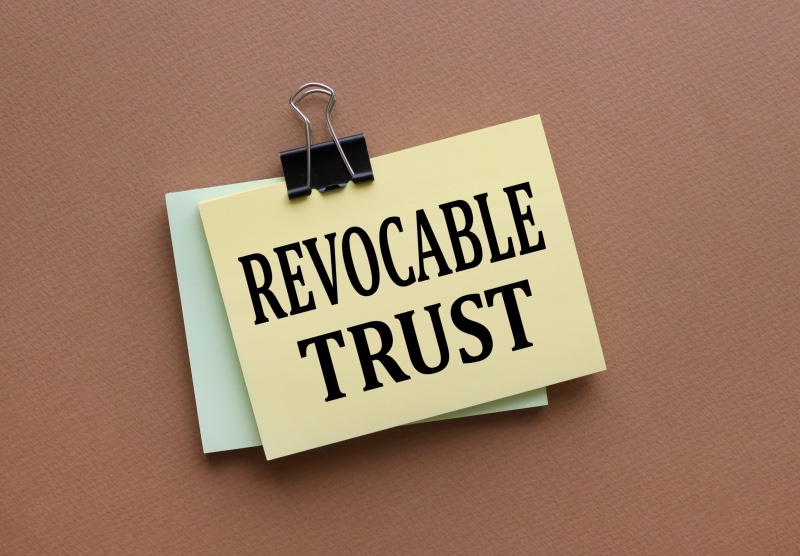
Estate Planning Conversations During The Holidays
November 10, 2021
Understanding California Medical Power of Attorney
January 1, 2022Finances are one of the most crucial aspects to consider while planning for elderly loved ones’ care as well as their estate. Especially when long-term care is required, applying creative and successful methods to finance costs is not unusual. However, most individuals do not want to give up their assets in order to pay for nursing homes, assisted living facilities, or home help. Furthermore, there are regulations in place to prevent the elderly from transferring assets with the intention of obtaining Medicaid coverage while still retaining their assets. This is where Medicare/Medi-Cal estate planning becomes exceptionally important. Consider visiting with the experienced attorneys at Kushner Legal at (310) 279-5166 to learn more.
What Is Medicare/Medi-Cal Estate Planning?
Many people want to qualify for Medicaid or Medicare as soon as possible because long-term care is very expensive in the United States. The elderly might be forced to pay for nursing home care or other expenses themselves until they are able to acquire insurance coverage.
Medicaid is a long-term care program that benefits those who require it, making it an appealing alternative for many individuals. Medi-Cal is California’s Medicaid program that provides health benefits and services to low-income people at little or no cost.
Exceeding income or asset limits, on the other hand, may swiftly disqualify a person from these benefits. In legal terms, there are a few devices accessible to people wanting to create an estate plan in order to prepare for Medicaid or Medi-Cal coverage. It is worth noting that many of the approaches used in Medicaid/Medi-Cal estate planning must be carried out years in advance, therefore careful preparation is critical.
Eligibility
Medi-Cal eligibility is determined by income, so your assets will be considered when determining whether you qualify for Medi-Cal. Income from any source, such as employment pay, alimony payments, pension payments, or social security benefits, may contribute to a household’s total income. Cash, stocks, bonds, investments (such as real estate), savings accounts and other property that one does not live in or rent out are examples of assets.
Look-Back Rule
When creating a Medi-Cal estate plan, it is important to consider the look-back period, which refers to the process of checking to ensure that no assets have been transferred, sold, or given away. If one is found to be in violation of this look-back rule, they will be considered ineligible for Medicaid coverage. In the state of California, the look-back period is 30 months.
Medicaid/Medi-Cal Estate Planning Vs. Traditional Estate Planning
The first thing to understand about an estate is what it means. An “estate” refers to money, assets, property, and debt belonging to a person at the time of death. When Medicaid or Medi-Cal are involved, having a strategy for how to handle and distribute their estate after they pass away becomes even more essential.
Estate planning is the process of dealing with assets on death, ensuring that they are transferred to any designated beneficiaries or heirs as smoothly and efficiently as possible. This is generally done through legal documents that state how you want your estate divided after you pass away. This may include a Last Will & Testament, Trusts, Medical or Durable Powers of Attorney, or a Living Will.
Estate planning and Medicaid/Medi-Cal estate planning are frequently created in tandem, although it should be noted that the two have distinct aims. General estate planning focuses on asset distribution, whereas Medicaid/Medi-Cal estate planning is concerned with structuring assets so that individuals may qualify for long-term care assistance. In other words, Medicaid/Medicare estate planning aids a person in qualifying for Medicaid or Medicare while maintaining any assets or funds on hand.
How Can An Estate Attorney Help?
Legal assistance may be quite helpful when putting together a thorough and effective estate plan. The experienced estate planning attorneys at Kushner Legal have expertise in Medicare/Medi-Cal estate planning can assist you with the intricacies of healthcare coverage. Contact our legal team today at (310) 279-5166 to learn more.




